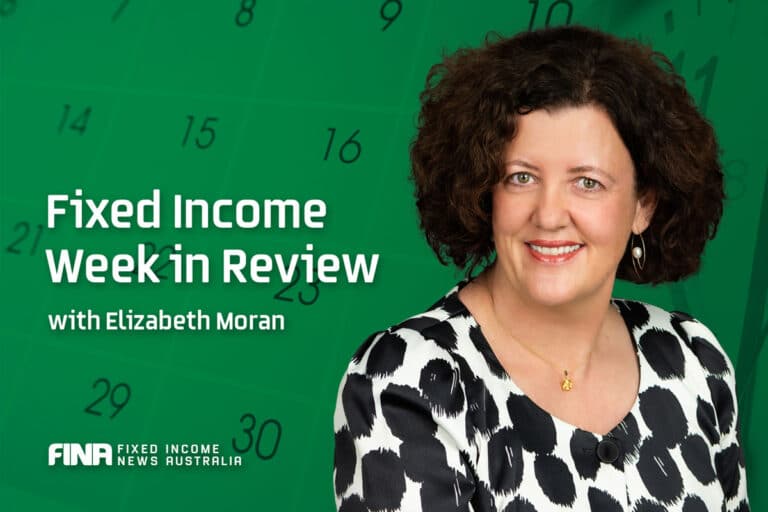
The impact of higher US tariffs is starting to show in the numbers with US annual headline, June CPI, increasing to 2.7%, up from last month’s 2.4%. Pricing pressures were softer than expected but with new tariffs starting in August, it seems that the US Fed is likely to keep the Fed Funds Rate on hold for a few more months.
There’s been plenty of activity in the securitisation market with La Trobe Financial mandating an RMBS and MoneyMe launching a $200m personal loan ABS this week.
In the corporate space:
- Macquarie Bank priced a $2 billion five year senior, unsecured dual tranche issue. The floating rate tranche raised $1.5 billion and priced at 3 month BBSW +82bps, while the $500m fixed tranche priced with a 4.37% coupon.
- Port of Newcastle raised $300m in an 8 year, senior secured deal with a 6.1% coupon or a 220bps margin over semi quarterly swap. Apparently the final orderbook was in excess of $2.3 billion.
Source: KangaNews and IAM
Corporate subordinated debt has been gaining traction, and Dinesh Kuhadas from Janus Henderson has written a terrific article about the benefits for issuers and investors. Kuhadas also talks about recent issues from Transgrid, Melbourne Airport and Scentre Group and compares sub debt spreads to US high yield.
Our updated Managed Fund Finder now shows more than 120 fixed income funds, which is great for choice, but transparency can be an issue. So, when I came across this excellent Credit Portfolios, Valuations and Liquidity paper from Richard Quin at Bentham Asset Management, I wanted to share it with you. The paper discusses different attributes you should consider when investing in an open-ended credit fund and lists nine important features which reflect important fundamental principles.
T. Rowe Price is back with its popular monthly global asset allocation views. Its graphic showing where they see value gives you a good quick overview.
Seema Shah, from Principal Asset Management puts the US fixed income market under the microscope assessing break even and real yields. She argues that while credit spreads are tight and there’s limited scope for further compression, investors should remain attracted to attractive yields.
Have a great week!



























